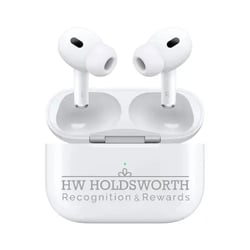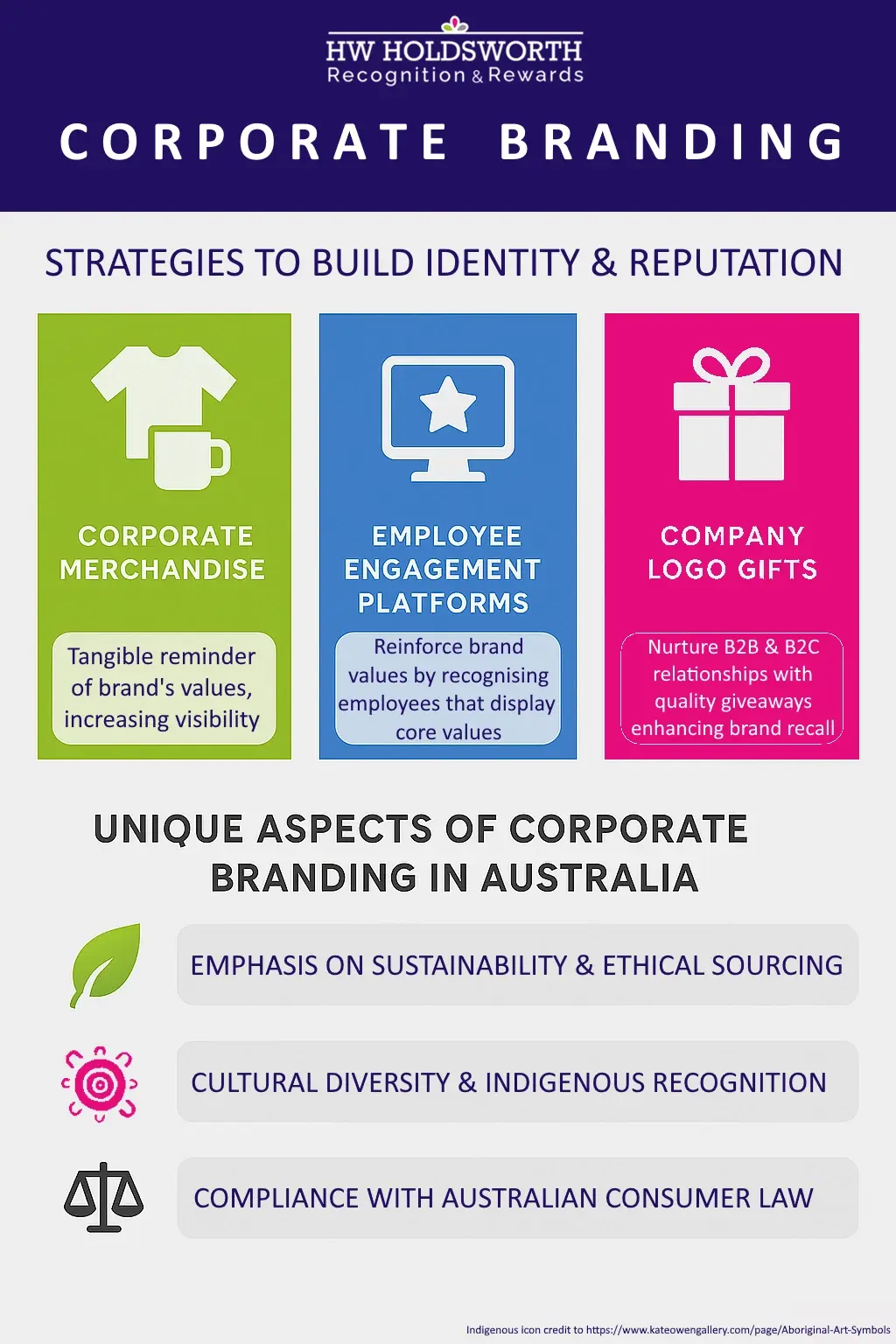Corporate Branding
The Power of Corporate Branding Through Merchandise and Recognition
Corporate branding is more than just a logo or a tagline—it’s the embodiment of a company’s identity, values, and promise to employees and customers alike. A strong corporate brand not only differentiates a business in the marketplace but also strengthens employee engagement and customer loyalty. In today’s competitive landscape, organisations are leveraging corporate merchandise, employee recognition platforms, and promotional gifts to reinforce their brand and create meaningful connections.

Corporate Merchandise as Brand Extension
Corporate merchandise plays a crucial role in making a brand tangible. When employees and customers interact with branded merchandise—be it apparel, office supplies, or lifestyle accessories—they are reminded of the brand’s presence and values. High-quality, well-designed merchandise enhances brand perception, while everyday usability ensures long-term visibility. Businesses that align their merchandise with their corporate branding create a consistent brand experience that fosters trust and recognition (Keller & Lehmann, 2006).
Employee Recognition and Engagement Platforms in Corporate Branding
An engaged workforce is a company’s most valuable asset, and employee recognition programs tied to corporate branding can be a powerful tool for reinforcing brand identity. Platforms that reward employees for demonstrating core values—whether through peer recognition, points-based incentives, or exclusive branded rewards—help instill a culture of purpose and alignment. When employees feel valued and aligned with the brand, they become stronger advocates both within and outside the organisation, ultimately driving customer satisfaction and business success (Gartner, 2022).

Promotional Gifts for Loyalty and Brand Affinity
Branded promotional gifts are a time-tested strategy for nurturing relationships in both business-to-business (B2B) and business-to-consumer (B2C) environments. Thoughtful, high-quality giveaways—whether used in client appreciation, loyalty programs, or corporate events—enhance goodwill and brand recall. To maximise impact, companies should select promotional items that reflect their corporate branding ethos and resonate with recipients on a practical or emotional level (American Marketing Association, 2021).
Unique Aspects of Corporate Branding in Australia
Corporate branding in Australia has distinct characteristics shaped by cultural values, regulations, and market expectations. Businesses operating in Australia should consider the following factors to ensure their branding strategies resonate effectively:
-
Emphasis on Sustainability and Ethical Sourcing – Australian businesses place a strong focus on environmental and ethical considerations in corporate branding. Many companies prefer eco-friendly merchandise, such as reusable or biodegradable promotional items, and employee rewards that align with sustainability goals.
-
Cultural Diversity and Indigenous Recognition – Australian corporate branding often incorporates Indigenous designs and acknowledges First Nations cultures. Some businesses collaborate with Indigenous artists for branded merchandise, which both supports Indigenous communities and enhances brand storytelling.
-
Compliance with Australian Consumer Law (ACL) – Promotional campaigns and branded merchandise must comply with ACL, ensuring transparency in business-to-business and business-to-consumer transactions. Companies must avoid misleading claims in their branding efforts and ensure that products meet safety and quality standards.
The Strategic Impact of Corporate Branding
A well-defined corporate brand isn’t just about visibility—it’s about meaning. As highlighted in Harvard Business Review (Gartenberg, Prat, & Serafeim, 2019), a strong corporate brand articulates what the company stands for and aligns internal culture with external perceptions. Companies that integrate their brand identity into merchandise, recognition programs, and promotional items reinforce their values and deepen relationships with employees and customers.
By embedding corporate branding into everyday experiences, organisations can transform their corporate identity from a static logo into a dynamic force that engages, inspires, and endures.
References
-
American Marketing Association. (2021). The Power of Promotional Products in Brand Strategy.
-
Gartner. (2022). Employee Recognition and Engagement Trends.
-
Gartenberg, C., Prat, A., & Serafeim, G. (2019). What Does Your Corporate Brand Stand For? Harvard Business Review. Retrieved from https://hbr.org/2019/01/what-does-your-corporate-brand-stand-for
-
Keller, K. L., & Lehmann, D. R. (2006). Brands and Branding: Research Findings and Future Priorities. Marketing Science, 25(6), 740-759.
